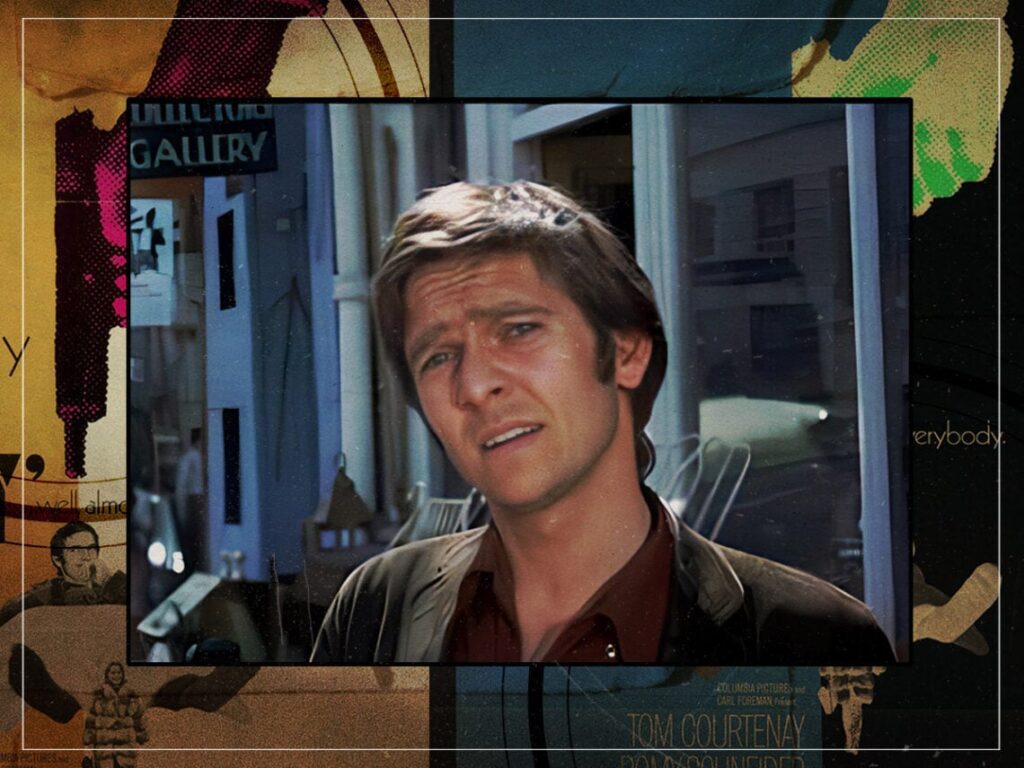‘Otley’: British cinema’s forgotten 1960s spy comedy
 Posted On
Posted On
(Credits: Far Out / Columbia Pictures)
The big screen spy story reached new levels of popularity in the 1960s, and British cinema was at the forefront, leading by example with some of the decade’s finest tales of international espionage.
Sean Connery had transformed James Bond from a minor literary concern into a worldwide icon, with the franchise churning out new instalments on a near-annual basis to turn 007 into a goldmine that captured imaginations far beyond the shores of the United Kingdom.
Sensing that the light-hearted and more escapist adventures of Bond needed an antithesis, Michael Caine stepped into the breach as the bespectacled Harry Palmer in The Ipcress File, which he followed in quick succession with sequels Funeral in Berlin and Billion Dollar Brain.
The way cinema has always worked is that any type of filmmaking which proves hugely popular on a regular basis will inevitably be given the spoof treatment sooner rather than later. While Austin Powers waited until Bond had flirted dangerously with self-parody before swooping in, director Dick Clement’s Otley wasted little time in hopping on the bandwagon.
Future legend of stage and screen Tom Courtenay plays the title role, an unambitious young man who makes his living selling antiques in London. However, his life takes a turn for the unexpected when he is mistaken for a secret agent, becomes embroiled in murder, duplicity, and double-crosses, and finds himself romantically entangled with Romy Schneider’s Imogen, a foreign asset working for British intelligence.
Otley is very much of its time, but that’s part of the charm. The overarching narrative concerning the selling of state secrets doesn’t really matter because the driving force behind everything is the title character’s increasing desperation to stay alive in the face of a situation he can’t possibly comprehend.
He gets arrested, detained, captured, and escapes on all counts, embarks on an ill-fated driving test he takes into his own hands and tries to hide out only to find himself as the only white person at a Black Power demonstration, with Otley generally ill-equipped for anything that comes his way, whether it’s shaving his own face or trying to stay one step ahead of his pursuers.
Otley is a parody that knows it’s a parody yet doesn’t treat itself as a parody. That might sound oxymoronic, but whereas the audience is completely in on the joke and knows from the outset that it’s a flight of fancy, the characters largely treat the world they inhabit—as silly as it becomes—with completely straight faces.
It’s a tightrope. Many comedies reliant on the viewer’s inbuilt knowledge of a certain genre struggle to walk to a successful degree, and while Otley has many flaws, Courtenay’s performance isn’t one of them. The ideal combination of affable everyman and an engaging lead with inch-perfect timing, making it more of a love letter to espionage than a merciless takedown. It works as both a comedy and a thriller, something that can’t be said of every spy spoof to emerge in Bond’s wake.
[embedded content]
Related Topics


